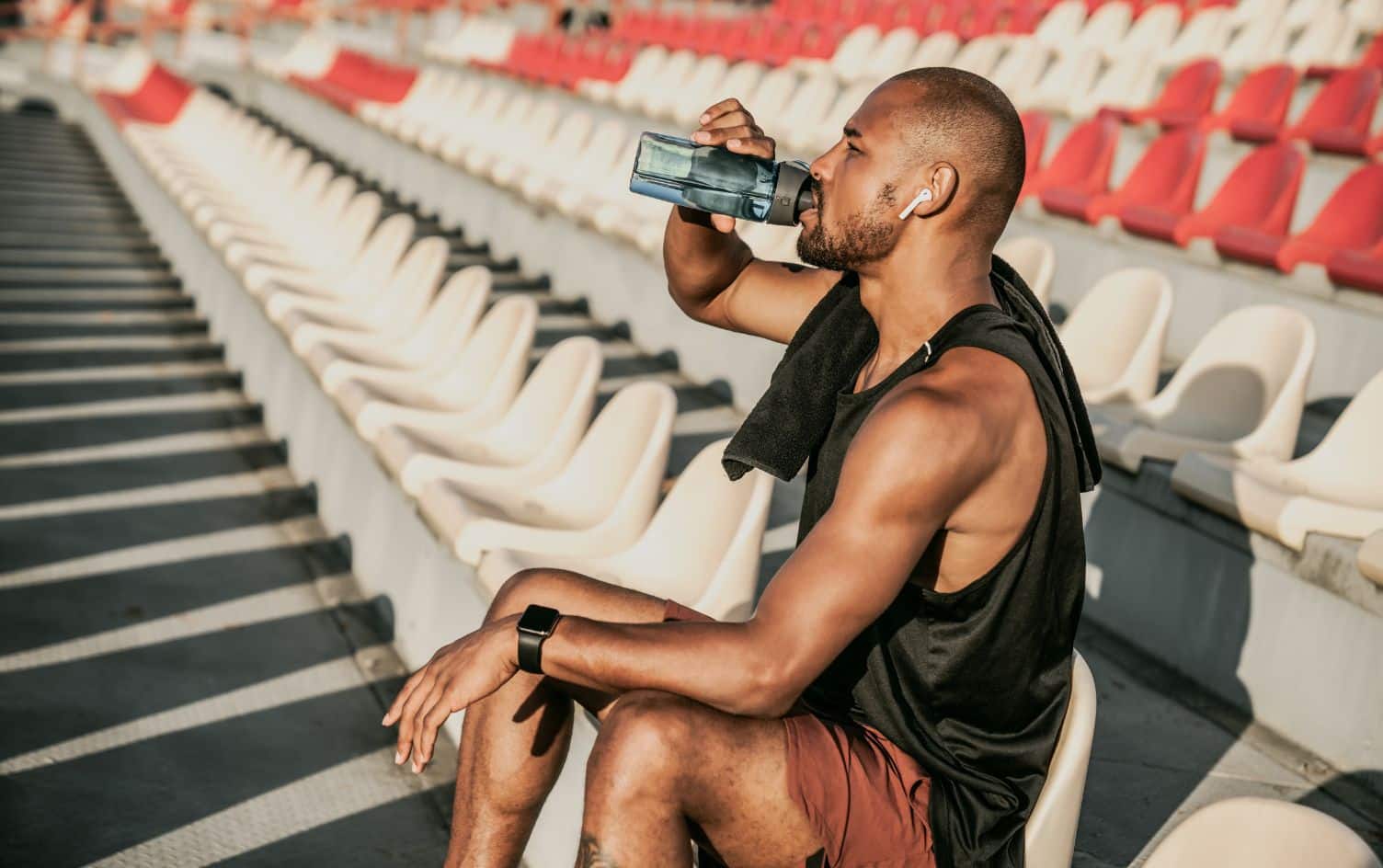There was a day, not long ago, when we didn’t dare exercise without stretching first.
Then, we found out our typical static, bend-and-hold stretches, at least when performed pre-workout, sapped our muscles of the strength and stability needed for a good sweat session. So we started performing dynamic stretches such as bodyweight squats and lunges before our workouts. Meanwhile, we reserved trying to touch our toes for after our workouts, when our muscles were nice and warm and stretchy.
However, a recent review published in The Strength and Conditioning Journal shows post-workout stretching may not be beneficial at aiding in recovery at all — and may actually impede recovery.
“By stretching a worked muscle, you make it more difficult for blood to get in and out of the tissue,” explains lead author William A. Sands, PhD, a certified strength and conditioning specialist and sport technologist with the U.S. Ski and Snowboard Association. By limiting blood flow to and from your muscles, you limit the muscles’ ability to rid themselves of inflammatory byproducts and get their pH levels back to where they need to be to recover. Most notably, you also deprive the muscles of oxygen, Sands explains. Basically, you do everything you shouldn’t.
READ MORE > WHY YOUR IT BAND AND A FOAM ROLLER DON’T MIX
Meanwhile, post-workout stretching doesn’t reduce delayed onset muscle soreness (the ache that strikes 24–72 hours following new or particularly stressful workouts) to any significant degree, according to one Cochrane review of previous research.
END YOUR WORKOUT THIS WAY
If you’re vying for improved exercise recovery, Sands recommends ending your workouts with what he calls a “warm-down” of light aerobic or bodyweight activities. He notes that these activities cause the worked muscles to contract at low levels, which help pump byproducts out of the muscles and into the lymphatic system then ultimately out of your body. “The more you can assist in that process, the better,” he says. Research in the American Journal of Physical Therapy & Rehabilitation agrees, showing aerobic exercise is more effective than stretching at helping people recover their muscular strength following hard workouts.
Before beginning your warm-down, give yourself a few minutes for your heart rate to lower (take this as an opportunity to drink some water and towel off). Once you’re no longer panting, hop on the exercise bike or treadmill or perform light, slow, gentle bodyweight exercises such as squats, lunges or modified pushups. The key is to keep things light, ensuring your warm-down activity doesn’t stress your body to the point it adds to your exercise-induced inflammation. Sands recommends engaging in light activity for 5–10 minutes at the end of your workout before leaving the gym.
As far as your static stretching goes, it can help increase flexibility by boosting your muscles’ stretch tolerance. But you’ll want to keep that as far away from your hit-it-hard workouts as possible, he says. Stretching makes for a good “rest day” activity.




